
“Black on Both Sides” Listening Party — VIDEO
In case you missed it: *On December 13, 2019, in a one-of-a-kind…
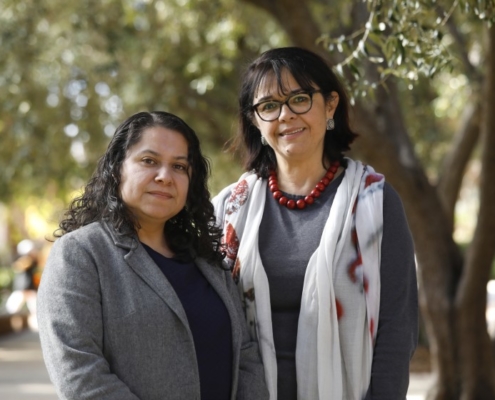
Spotlight on Central American Studies at UCLA
The Los Angeles Times featured three scholars from UCLA's…

Reflecting on the Study of Indigenous Languages at UCLA
American Indian Studies at UCLA is an interdisciplinary IDP…
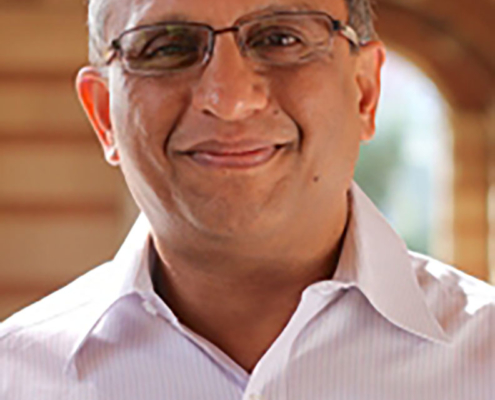
UCLA Professor Akhil Gupta Named President of the American Anthropological Association
Dr. Akhil Gupta, UCLA Professor of Anthropology, has officially…
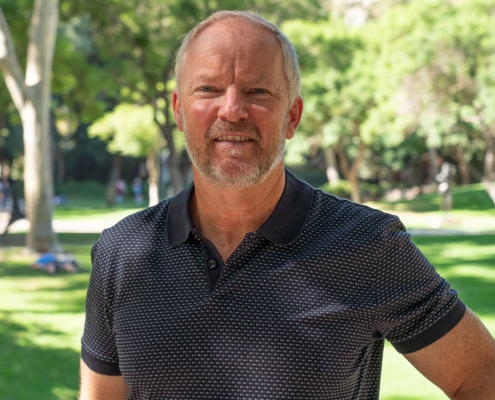
LA Social Science Story: Interview with UCLA Communication Alum Michael Allen, ’86
The LA Social Science e-forum interviewed UCLA Department…
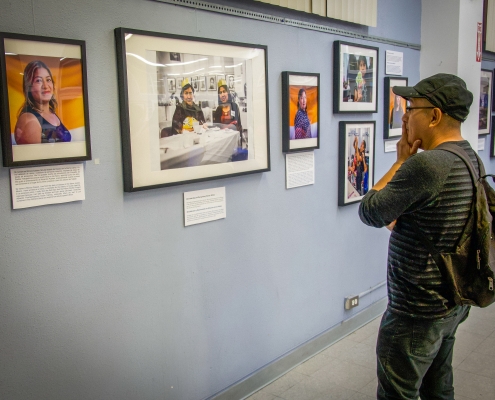
Working Families in Focus: Photo Exhibit and Film Shorts in the Heart of Los Angeles
By Janna Shadduck-Hernández, Project Director, and Marisol Granillo…
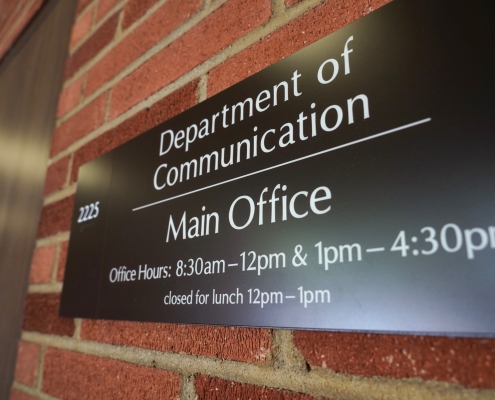
Spotlight on UCLA’s Department of Communication: Alumni Partnerships and a New PhD Program
The UCLA Department of Communication proudly announces rolling…
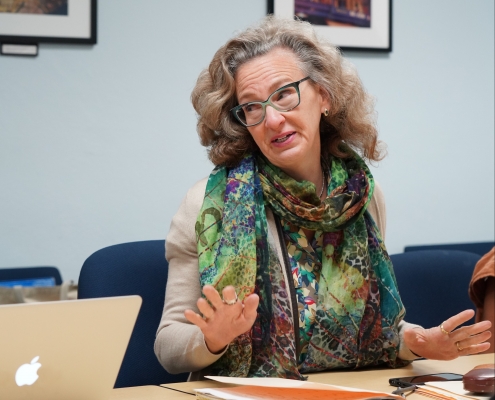
Do We Make a Difference? Social Change in Theory and Practice
Young people often want to change the world. But when facing…
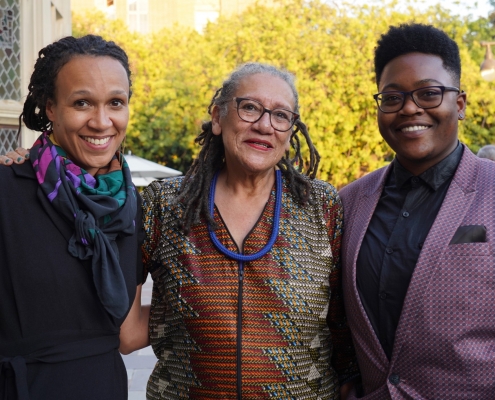
Recap of UCLA Symposium “On the Matter of Blackness in Europe: Transnational Perspectives”
On October 10-11, 2019, a two-day symposium co-organized…
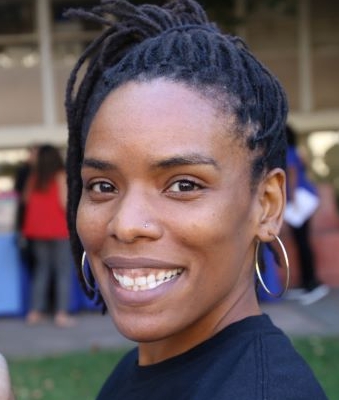
LA Social Science Scholar Profile: The Rise of Jasmin A. Young
Jasmin A. Young is currently a University of California President’s…

